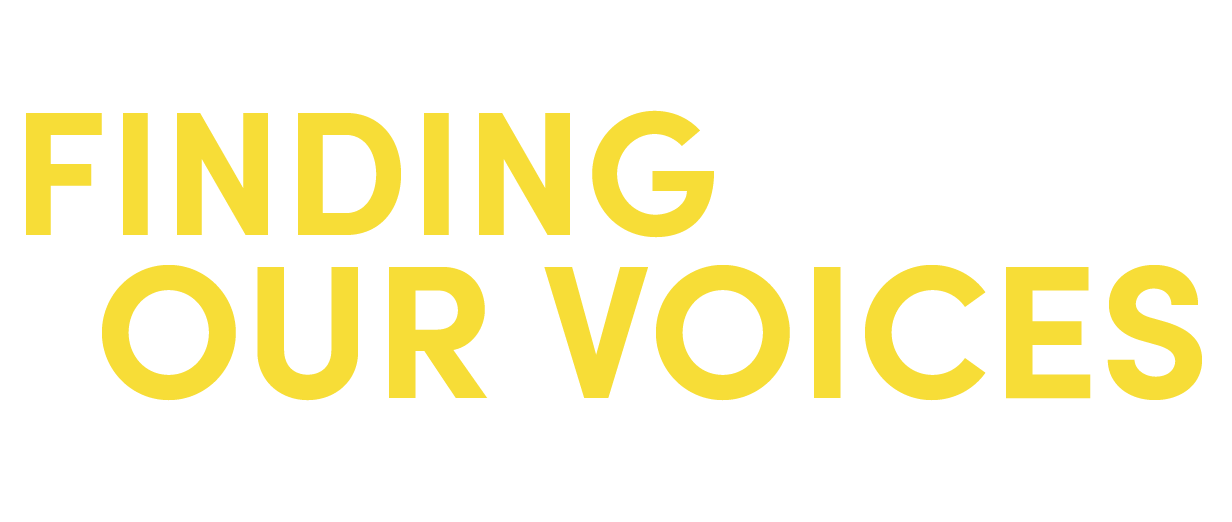Let’s talk about guns and domestic violence
Republished from Bangor Daily News
by Patrisha McLean
November 19, 2023
After the body was found of the Army reservist who shot 18 people dead and wounded 13 in Lewiston last month, President Joe Biden said: “We’re grateful Lewiston and surrounding communities are now safe.”
Maine communities now safe? Not by a long shot.
Countless women all over the state continue to shelter in place with no end in sight, unable or afraid to leave their home because of a lover turned abuser who is a lot more dangerous because he has guns.
With the October massacre the deadliest of the more than 600 mass shootings in America so far this year, talk is running high in Maine about “doing something” about guns.
But as we talk about guns, with domestic abuse at the root of two- thirds of mass shootings, we need to also be talking about domestic violence. Nearly half of all women killed in the U.S. are murdered by a current or former intimate partner, according to the John Hopkins Center for Gun Violence Solutions, and a woman is five times more likely to be murdered when her abuser has access to a gun.
Since the massacre in Lewiston, the statewide nonprofit I run called Finding Our Voices is getting daily panic calls from women about the similarity of that killer to the gun-toting men plaguing them and their children, and how they struggle to get anyone in a position of authority to do something to mitigate the threat and danger to them and the general public.
One woman’s living nightmare is a Marine who almost killed her and violated bail conditions, and is again out on bail with two court officials telling her they wouldn’t be surprised if her situation ended up as a murder-suicide.
On the October edition of my WERU-FM radio show, another woman told of her new husband returning from his first military tour of duty.
“It turned him into an angry person, a mean person, a cruel person, a miserable person, a dangerous person. He stole military weapons off the military base, big ones, loaded AK-47s, and brought them into my house when I was about to deliver my daughter. I was scared for my life.” She said he got scarier at home with every deployment and his domestic violence was reported to the military, yet the military kept sending him out on deployments.
Our Finding Our Voices statewide “Let’s Talk About It” tour that has traveled to nine towns this year features survivors of domestic abuse leading a community conversation.
A York police officer at our stop in that town library on Oct. 17 echoed the frustration expressed by virtually all of the police participating in the various tour stops, over the plea deals handed out by judges and district attorney offices to domestic abusers.
“Nothing makes me feel worse,” he said, “than when I have to give firearms back to somebody who I know has committed a domestic violence assault because [charges] got dropped. Now that this person has their firearms back, what’s going to happen to the victim, and secondly, what’s going to happen to us, when we show up there [on the next 911 call].”
In talk about gun control, we are continually reminded of the state’s “longstanding tradition of responsible gun ownership.”
Mary Lou Smith of Scarborough had the misfortune to be married for 42 years to one of the hunters in Maine who are not responsible gun owners.
The 83-year-old shared publicly on the Finding Our Voices Damariscotta panel recently of the Christmas night in 1988 when she said her college professor husband put a gun to their young son’s head. They were at the family’s lake cottage down a long, icy dirt road, Mary Lou, three children, her mother, and a man with a gun.
Not knowing where to turn, she called their highly respected family physician. His advice to her? Drive your mother and children to the
Scarborough house, and go back to the cottage to “be there for [her husband].”
It is 36 years later and the violence all around us and now too in Maine seems apocalyptic.
How can it be that in our beautiful state, from the people charged with guarding the well-being of our citizens, there still seems to be more concern for the gun owners than for the women and children — as well as the general public — whose lives are threatened by them?
The BDN Opinion section operates independently and does not set news policies or contribute to reporting or editing articles elsewhere in the newspaper or on bangordailynews.com.

